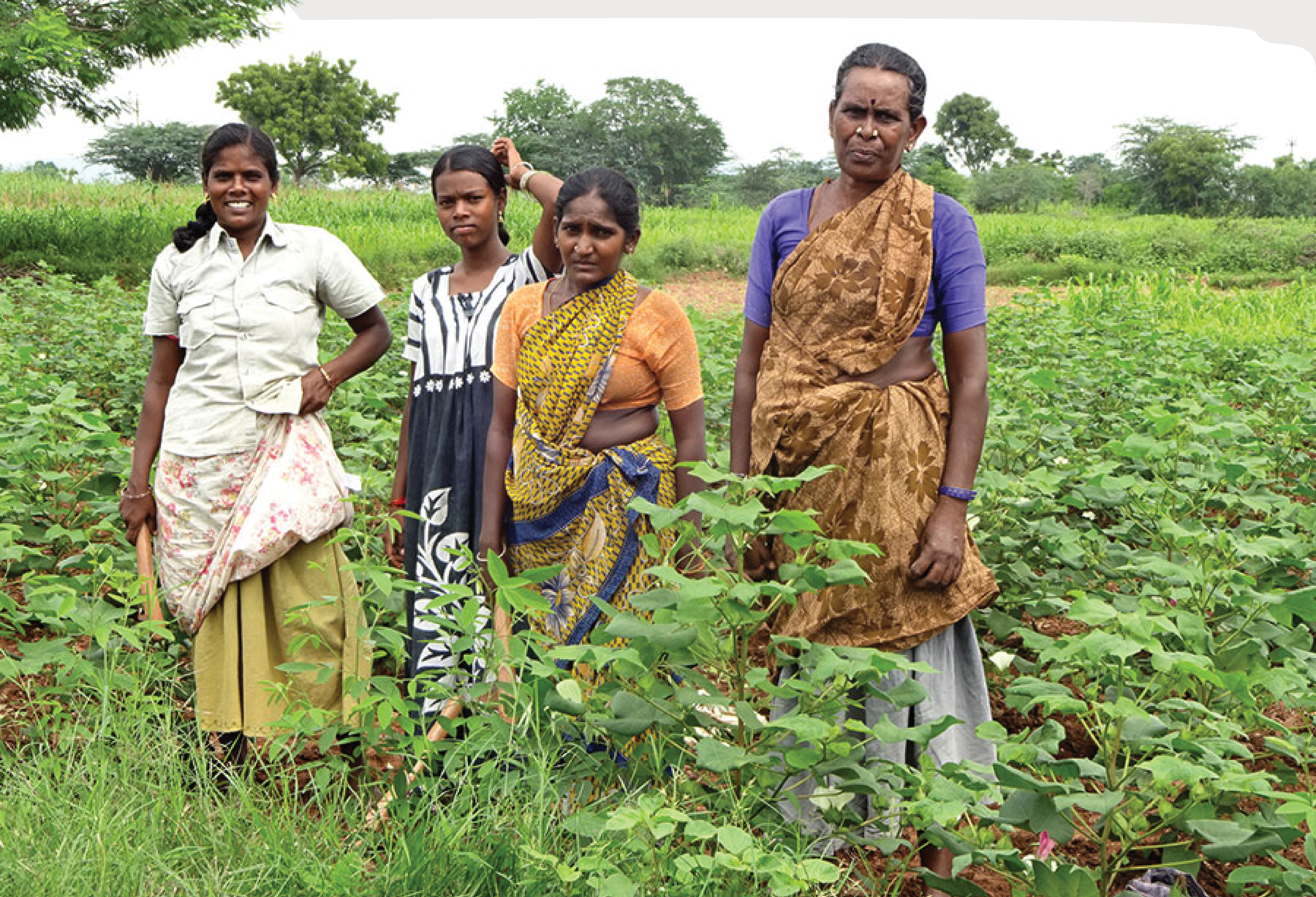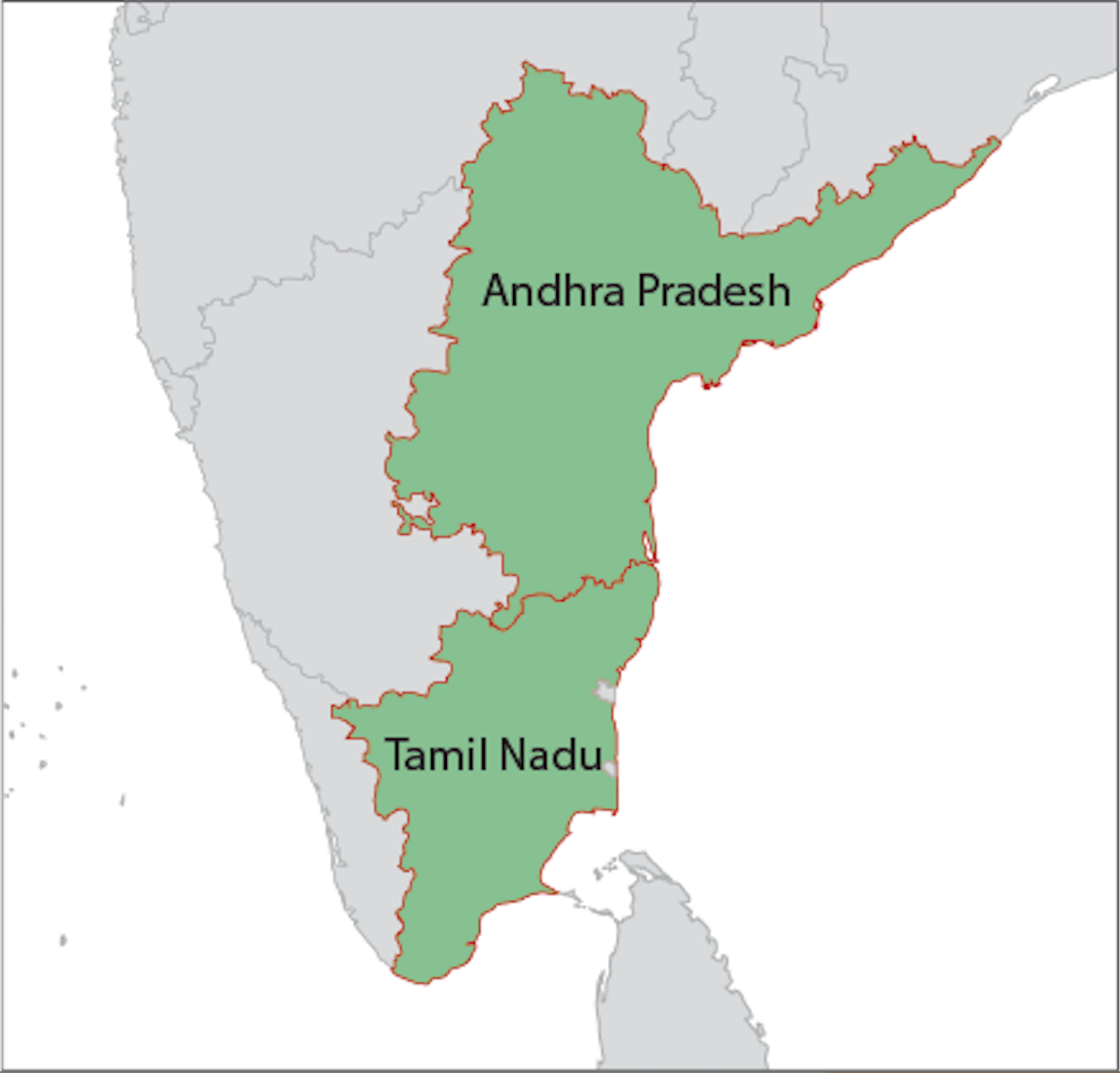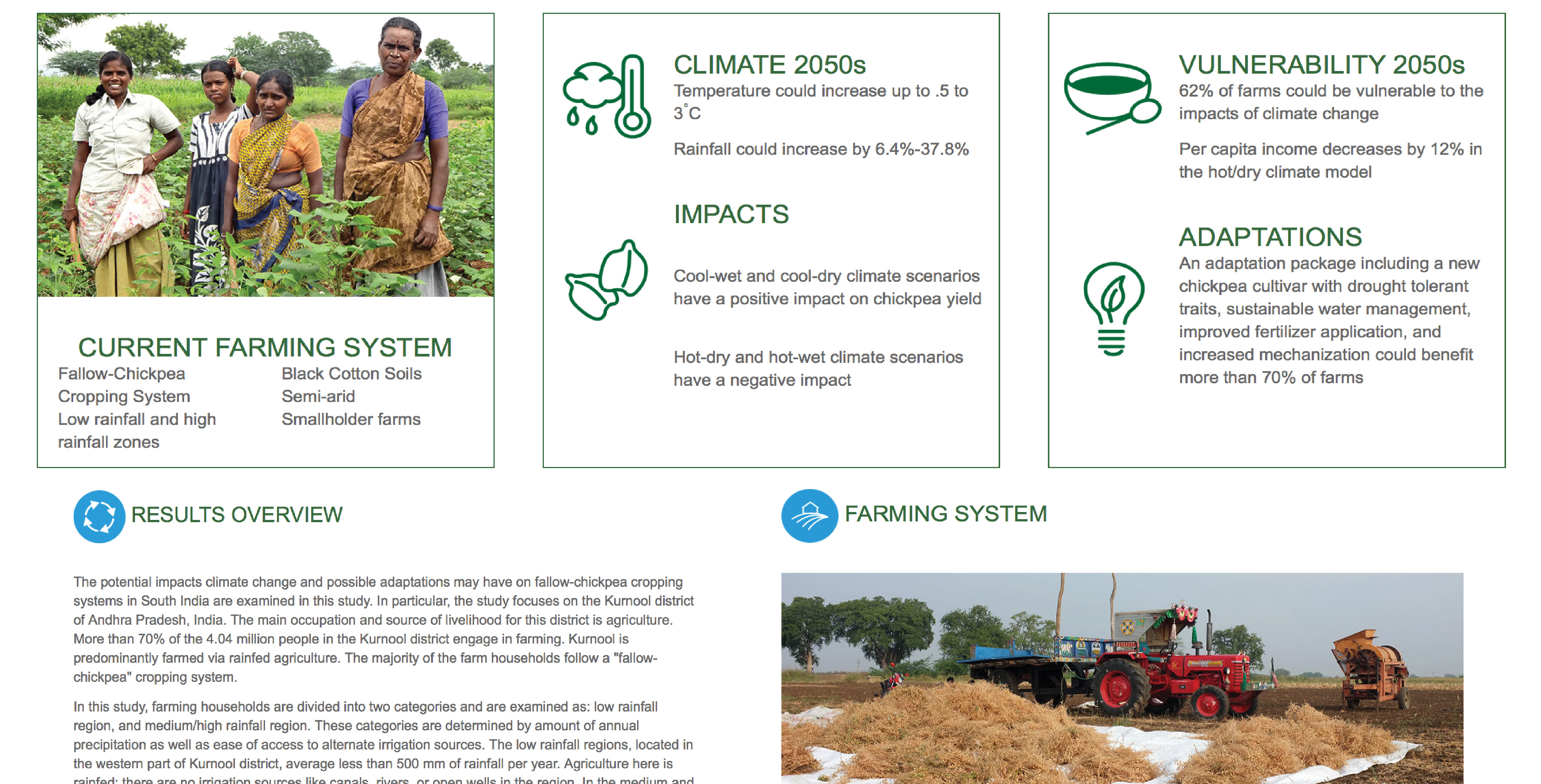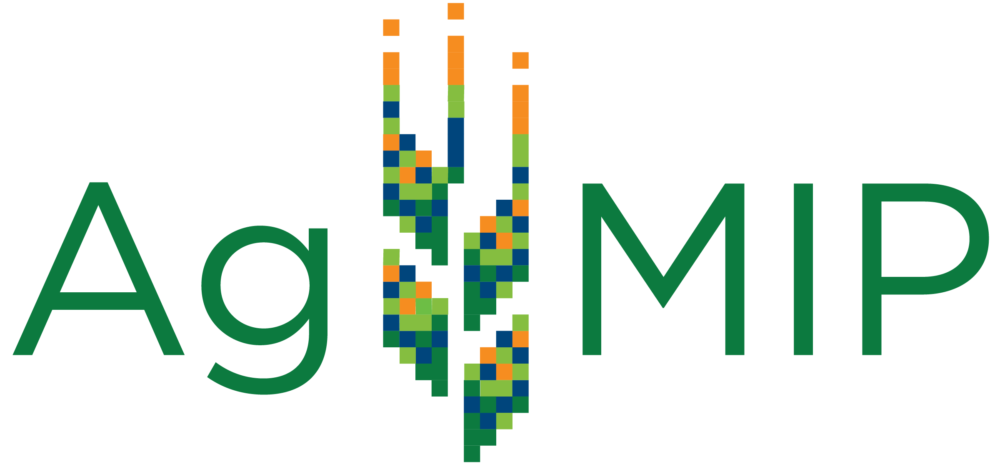Southern India
Overview of Initiative
Tamil Nadu and Andhra Pradesh are the two areas of focus within AgMIP’s South India regional Team. In recent years, farmers have seen their yields diminish due to inconsistent and unseasonal rainfall. If trends like this continue into the future, the agricultural industry of the area would be tested greatly. The AgMIP South India team set out to develop an adaptation strategy based upon its research on regional climate variability.
Southern India’s regional research team made significant progress during Phase 1 (2011-2014). They assessed the effect climate variability may have on chickpea and maize, and also parameterized the LivSim and TOA-MD models for Tamil Nadu and Andhra Pradesh. In Phase 2 (2015-2017), the Southern India Team continued to make modeling advancements and food security improvements.
In total, Southern India generated and analyzed 29 climate models. Based on the results found, five climate models were chosen for crop simulation. Crop modeling was completed for chickpea, rice and maize in Andhra Pradesh, and for maize and rice in Tamil Nadu. Along with this, scientists fully calibrated the LivSim model to determine herd structure so that simulations can be run.
For both Tamil Nadu and Andhra Pradesh, Phase 2 prioritizes adaptation strategies. Together, incorporating consultation with stakeholders, Representative Agricultural Pathways (RAPs) were developed for both regions. South Indian regional partners parameterized the TOA-MD model for the Tricy location in Tamil Nadu, and the Kurnool location in Andhra Pradesh.
An underlying theme of Phase 2 was to engage in consistent and effective communication. The team held a stakeholder integration workshop in Tamil Nadu, at which policy makers, policy executors, and farmers participated.


Impacts Explorer – Kurnool District, India
Adaptations for Fallow-Chickpea Cropping Systems
View the Regional Summary for Kurnool District, India here.
View the Spatial Dashboard for Kurnool District, India here.


Southern India Team members
Vellingiri Geethalakshmi: Principal Investigator
Dakshina Murthy: Co-PI, Crop modeling, Stakeholder liaison
Ponnusamy Paramasivam: Economics
Swamikannu Nedumaran: Economics
D. Kumara Charyulu: Stakeholder engagement
Arunachalam Lakshmanan: Stakeholder engagement
Research Summary:
ANDHRA PRADESH, INDIA
Crops: Groundnut, sunflower, cotton, rice, chickpeas
Models: DSSAT and APSIM
Farm System: Fallow Chickpea farming system
Economic Strata:
Possible Adaptation Rice: Short duration cultivars in canal systems; Direct sowing vs. translating
Chickpea/Groundnut: Drought tolerant/ Heat tolerant/ Yield boost virtual cultivars; Critical irrigation at flowering/ sowing window; Mechanical harvesting
TAMIL NADU, INDIA
Crops: Rice and Maize
Models: DSSAT and APSIM
Farm System:
Economic Strata:
Possible Adaptation: Rice: Direct sowing for delayed monsoon; Converting 50% of the area under SRI; Short duration cultivars for delay in water release; adjusting sowing window
Irrigated Maize: Cultivating hybrids against local varieties
Rainfed Maize: Nitrogenous fertilizer application; protective irrigation
KEY PARTICIPATING INSTITUTIONS
Tamil Nadu Agricultural University
The International Crop Research Institute for Semi-Arid Tropics (ICRISAT) India
